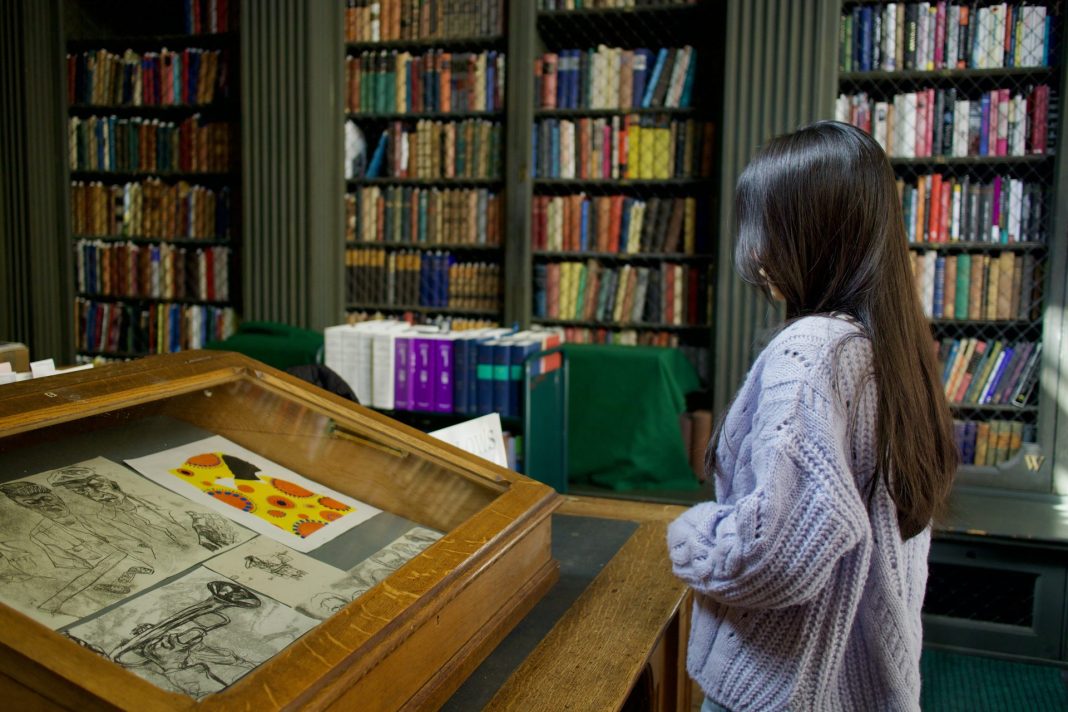Over half of those studying creative arts degrees at Oxford University are from “upper-middle class backgrounds” and 32% are privately educated, while only 5% of students studying these degrees are from “working class backgrounds”. The report, published by the social mobility charity Sutton Trust, highlighted “elitism” in Oxford’s creative arts.
A recent investigation by Cherwell found that over the last four years the representation of state-school students at the University has been on the decline. Meanwhile, the proportion of private-school offers has exceeded the proportion of private-school applicants, with increasing disparity. The University’s admission of private-school students in the creative arts is reflective of the composition of the student body as a whole.
The Sutton Trust report also illustrates the overrepresentation of those holding an Oxbridge degree in the arts, citing how Oxbridge alumni constitute 12% of classical musicians and 9% of actors in the UK.
Sutton Trust CEO Nick Harrison explained that UK creative industries “bear the hallmarks of being elitist” because individuals from middle class backgrounds outnumber those from working class backgrounds four-to-one, and the privately educated are similarly over-represented.
Consequently, Harrison noted the “tragedy” that the inaccessibility of creative arts degrees at Oxford as well as other higher education institutions poses for disadvantaged individuals with aspirations of a career in the arts. The report finally makes recommendations to higher education institutions to promote inclusivity, including the effective use of contextual offers which recognise the potential of students from disadvantaged backgrounds, as well as the provision of grants to allow students to meet equipment costs exceeding the value offered by maintenance loans.
The University told Cherwell that they “remain committed to widening access at Oxford across all subjects to ensure that those with the highest academic potential, from all backgrounds, can realise their aspirations to study here”. The spokesperson drew attention to the University’s Crankstart scheme which currently offers financial support and funded internships to 17% of UK undergraduate students from lower-income households, as well as the UNIQ programme which prioritises places for high-performing students from underrepresented backgrounds.
The Sutton Trust further highlighted broader social implications: “Art plays a vital role in shaping the society we live in.” By inhibiting working class representation in the creative industries, upper and middle class perspectives are exclusively represented in media, according to the report.


